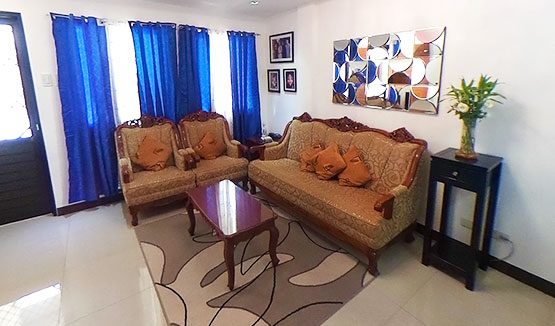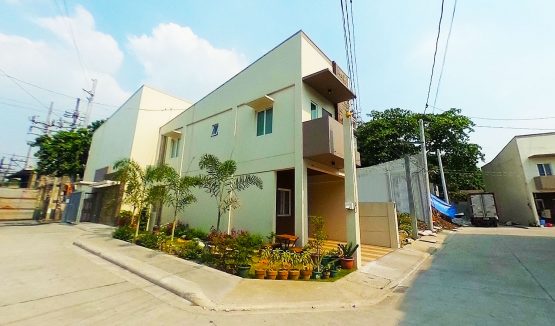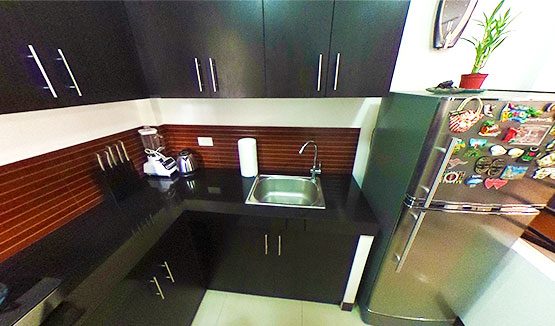When it comes to looking your dream home, there is always that struggle in finding the balance between quality and affordability, especially during a home search. Most likely, you will find yourself asking whether investing on a condo unit would be really worth your money or if you should buy a foreclosed home instead.
Common sense dictates that you need to shell out a lot of money to buy a quality home. But Peter Anderson for Bible Money Matters wrote that buying an affordable, quality home is possible if you’re smart about your home buying purchase.
He wrote,
“While quality items can be more expensive, if you take your time, search around and do your due diligence you can usually find a good deal on what you’re looking for. Don’t just assume that you’ll have to pay a LOT more, take your time and find a good deal.”
How to find a good deal
When deciding on your list of home choices, finding the ONE with the right balance between quality and affordability can be achieved by asking the following questions:
QUALITY
1. Does it pass your physical inspection?
A leaky ceiling, broken window, wall cracks, and other similar things are already obvious signs that the property is not of quality. Make sure that when you do settle on a property of your choice, it should pass the punch list.
TIP: If the developer has yet to show you the actual bare unit you’ll be owning, it pays to observe and inspect the quality of other sold, turned over units.
2. Is the space offered in the home more than you require?

Comfort is relative to any homebuyer. A 50 square foot unit can be cramped to one homebuyer but spacious to another homebuyer. As such, try to take into account the comfort levels of the other members of your household, especially if you are or have a growing family.
TIP: Ask your broker if they can show you a fully-furnished unit. If there’s none, you can ask a neighbor if they can let you into the unit and check out their home.
3. Does it pass your safety preferences?
There is no way to predict yours and your family’s safety, especially if in a natural disaster. But choosing a home that decreases your risks in getting into one is something worth your money.
TIP: Choose a home that’s flood-free, disaster-proof, and pedestrian-friendly. And if you need that extra net, talk to your broker about getting a home insurance.
4. Is it in a neighborhood that increases the quality of life?
Quality of life can be achieved in the city by finding a neighborhood that accomplishes these three things:
- If the neighborhood is nearby or accessible to all basic modern comforts
- If the neighborhood inspires its residents to aspire for more in their lines of work
- If the neighborhood is nearby or accessible to world-class developments that are designed for shopping, sports, leisure, and recreation.
TIP: Research beyond a property’s pictures and description by checking out its location on a map. This helps you envision your daily life and mobility should you move into a prospective home.

5. Is it built by a reputable developer?
A real estate developer should rise to the challenge not just to building developments, but in building communities that offer a respite from the busy world.
A real estate developer does not need longevity in the industry nor popularity to be reputable. The evidence often lies in its completed real estate developments. From the choice of site and building systems to the use of recycled materials and local suppliers, you should also check whether the projects promote community-based development and smart growth.
TIP: Make sure you familiarize yourself with the developer’s background that you are considering. Here’s a helpful guide on how to compare property developers.
PRICE
1. Is the price for the home you chose the best deal compared to similar items offered in the market?
If you have a list of similar-type home choices, knowing what’s important and what you can forego can help you single out the best deal.
TIP: Think of home features that you can live or live without. If you have a live-in yaya or have growing children, you would want to spend extra on a home that supports the needs of your growing household.

2. Will this be the best deal you’ll be getting for a while?
Whether you’re a first-time homebuyer or simply looking to upgrade from a smaller home, knowing the value of your prospective property over time is essential. Ask your broker for assistance when calculating your property’s estimated value.
TIP: If you’re paying your next home with a mortgage, make sure to factor in the cost of interest payments, routine maintenance, and potential upgrades when calculating your home value.
3. Will you be changing your lifestyle anytime soon?
Births, career changes, household member additions, and other lifestyle changes could force you to make some hard decisions: defaulting on mortgage payments because you can no longer keep homeownership expenses down; spending more on a necessary expansion for your mobility-challenged parent; or selling your home at a loss because the neighborhood no longer suits your needs.
TIP: Skimping on things like square footage, location, and neighborhood aren’t things you can easily change later on. Feel free to reassess your homebuying budget to accommodate the unexpected.











